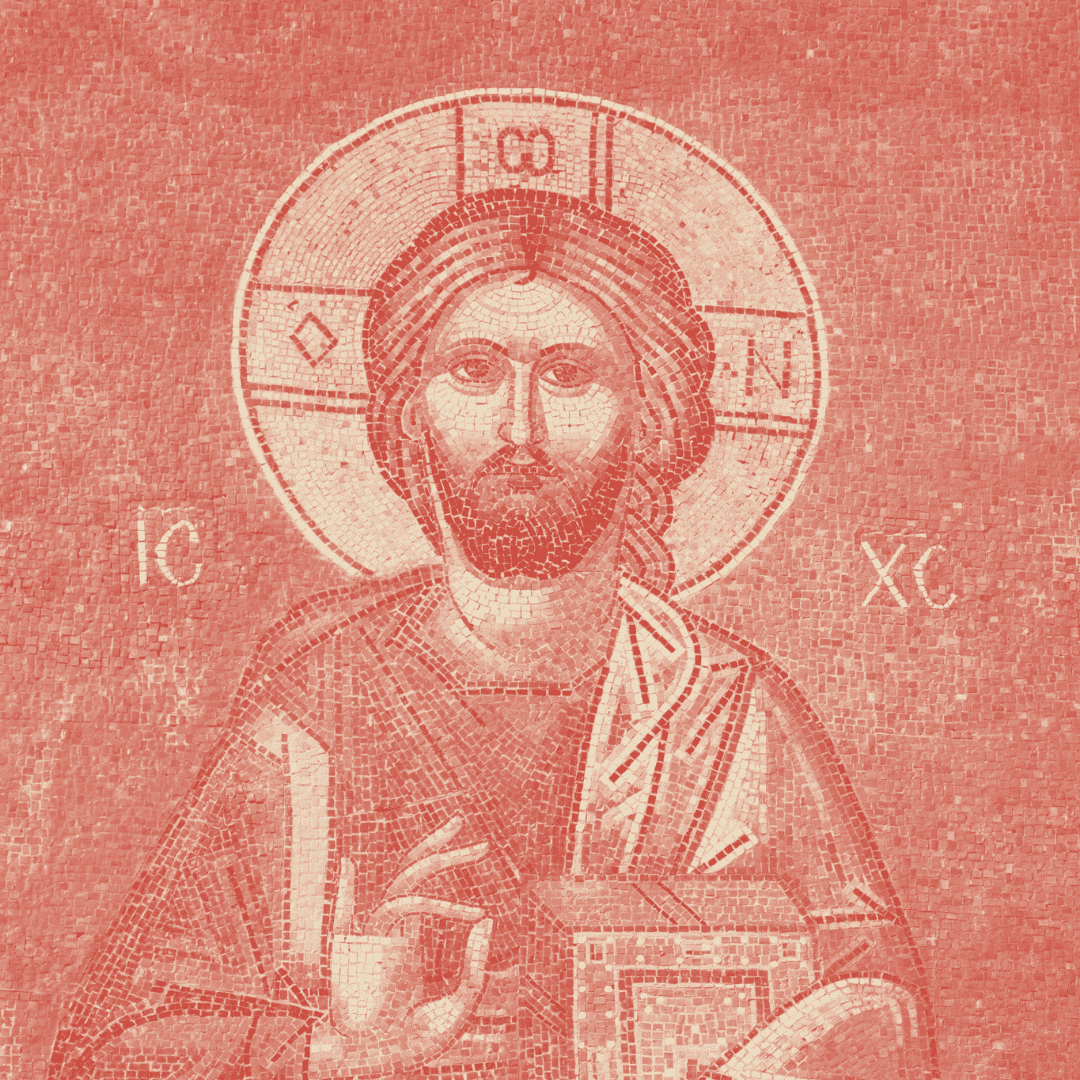 Christianity has had a horrible year, and decade, and a pretty bad last few hundred years, actually. In fact, depending on who you talk to, it’s pretty much been a train wreck from the very start. The New Testament even has the apostles sending strongly-worded letters to the earliest churches, condemning them for their mistakes, desperately trying to correct their failures.
Christianity has had a horrible year, and decade, and a pretty bad last few hundred years, actually. In fact, depending on who you talk to, it’s pretty much been a train wreck from the very start. The New Testament even has the apostles sending strongly-worded letters to the earliest churches, condemning them for their mistakes, desperately trying to correct their failures.
Christ’s own prayer concerning the Church has gone largely unanswered. His plea in John 17:20-23 that believers be as one, unified to reflect the love of God, seems like a long lost impossibility. Today’s church is extremely divided, especially over LGBTQ+ affirmation, abortion, and partisan politics. But at least most of the world’s churches have moved on from killing each other, and it’s no longer commonplace to burn heretics at the stake, or torture those who hold different theological beliefs, or accuse others of being witches.
Yet the violence and cruelty between Christian sects was nothing compared to the wars waged against non-Christians. Genocides. Murder. Enslavement. Dehumanization in all forms. The history of Christendom is one of bloodshed and greed. The Crusades. The Spanish Inquisition. Slavery. The endless invasions of Indigenous lands under the guise of “Christian civilization.” History doesn’t look kindly on Christendom. So maybe the best course of action is to ignore it, or revise it, or make it more Christian and patriotic?
Over the last few years we’ve been a “Christian” nation that’s waged endless wars on Muslim countries in the Middle East, and primarily for what? Their oil? Because of terrorism? Nobody really knows, but we continue to pray for our soldiers and hope they return safely after they’re done killing our enemies. But violence is necessary, right? In fact, Christians used Nationalism to stage an insurrection attempt so that they could try to maintain power. Many Christians still believe the election was rigged, and truth is just a matter of political opinion. The gospel is truth, but so too are conspiracy theories.
Christianity is supposed to be about loving your neighbor, exemplifying the radical selfless service and sacrifice of Jesus. But immigrants, refugees, BIPOC, LGBTQ+ individuals, Muslims, foreigners, and a litany of other people can testify that Christians have been anything but loving. They’ve been xenophobic, racist, bigoted, sexist, violent, and evil. They’ve raped, abused, assaulted, tortured, stolen, lynched, murdered, and bombed.
Christianity’s top apologists have been proven frauds, theologians have been proven hypocrites, and mega-pastors and leaders have been proven to be sexual abusers and predators. It’s well-documented that the Church hasn’t been a safe place for women, children, people of color, and the non-binary. Christian celebrities mock the poor, slander their political opponents, and rationalize oppression. They’ve abandoned Christ for fame, fortune, and power, and have left countless victims in their wake.
Christianity shouldn’t deny any of this. Christians should humbly confess, seek forgiveness, and make reparations where they can. Disavowals are hopeless attempts to save face, but we can’t pretend all of this was good and holy and just. It’s been a nightmarish dumpster fire.
So what’s left? How can anything good come of all of this? Jesus is the answer. It may sound like a cliché, or even a joke, but it’s not. Jesus loves everyone. Christ loves you, even when Christians don’t. Christ defends and supports and is passionate about you, even when Christians attack, demean, and ignore you. This is how Christianity struggles through time. It’s best manifested by the oppressed, poor, maligned, and downtrodden. By peacemakers and activists and faithful believers who do their best to emulate Jesus.
While arguments of logic and theology and spirituality can be appealing, they’re nothing compared to the very real person of Jesus. To many, this is still the ultimate reality of Christianity: the person of Christ. A living entity in their lives, a God who speaks to us and loves us, and who inspires us to love others. He’s not a set of ideas or doctrines or theories. He’s a real person who offers us a relationship.
While arguments of logic and theology and spirituality can be appealing, they’re nothing compared to the very real person of Jesus. To many, this is still the ultimate reality of Christianity: the person of Christ.
Christ is Christianity, despite everything else claiming the title. Yes, the religion has been thoroughly co-opted. It’s been weaponized for politics and marketed for business, it’s been used for votes and harnessed for fame, a tool for abusers and an excuse for warmongers, a cash-cow for crooks and a source of income for the greedy. You could say Christianity is a horrible conduit of oppression and trauma, and you’d be right. You could say Christ is a conduit of empowerment and healing, and you’d be right.
Christ and “Christianity” always have been, and always will be, at odds with each other. The perfection of Jesus will constantly contradict the imperfection of his followers, and those who falsely claim his namesake. Even Satan, the personification of evil, chose the Bible—using “biblical” arguments—as his grand attempt to destroy Jesus in the wilderness.
This is why everything good and true and amazing about Christianity can be traced back to Christ, but everything bad and false and disappointing can be traced back to people, things, and entities that aren’t Christ. And don’t get me wrong, there is Christian goodness out there, even lots of it. Christ-followers do help the poor, care for the sick, defend the oppressed, and bring justice, and manifest love, joy, peace, patience, comfort and hope. But it can be hard to acknowledge this amid the backdrop of churches, pastors, and Christians who bring about pain and suffering and unspeakable terror to us and others.
Our hope is absurd. It hinges on a man who claimed to be God yet was murdered by the very people he was trying to help. Jesus was labeled a fool by religious leaders, chased by mobs, betrayed and abandoned by his closest friends, arrested and executed by the ruling empire. Jesus was forsaken, yet God sent the Holy Spirit to give us another chance, and another chance after that, and another one…and on and on they go, extending as far as the East is from the West.
Forgiveness and grace and mercy and justice and love: this concoction of Christlike virtues is beautiful and life-giving, but also often leads to conflict and discomfort. Yet here we are, faced with Christian failure upon failure, and our souls, minds, and bodies are broken and weary. Where does our help come from? From Christendom? No. From Christian celebrities and influencers? No. From the broken religion itself? No. Our help comes from Jesus.
God, our help in ages past, Our hope for years to come, Our shelter from the stormy blast, And our eternal home; God, our help in ages past, Our hope for years to come, Be thou our guard while troubles last, And our eternal home. Amen.
 Stephen Mattson is the author of The Great Reckoning: Surviving a Christianity That Looks Nothing Like Christ and of the upcoming social justice devotional On Love and Mercy, which can be pre-ordered here.
Stephen Mattson is the author of The Great Reckoning: Surviving a Christianity That Looks Nothing Like Christ and of the upcoming social justice devotional On Love and Mercy, which can be pre-ordered here.


